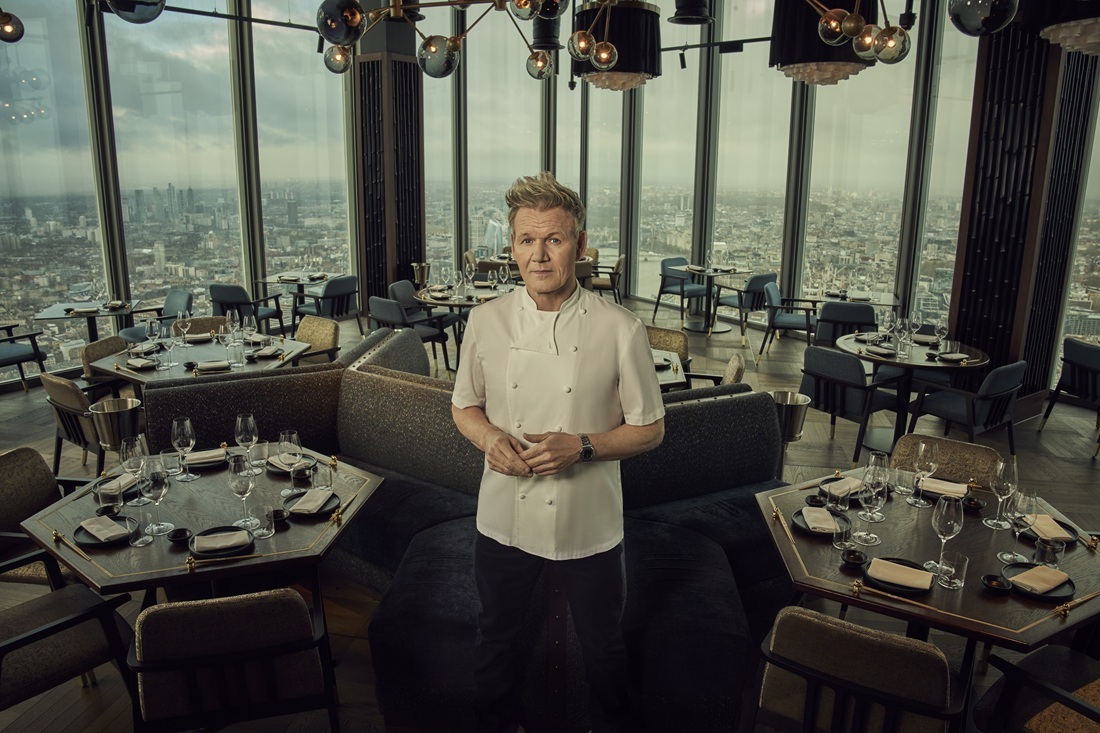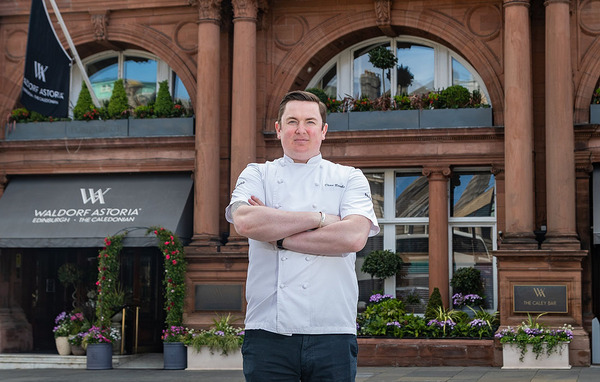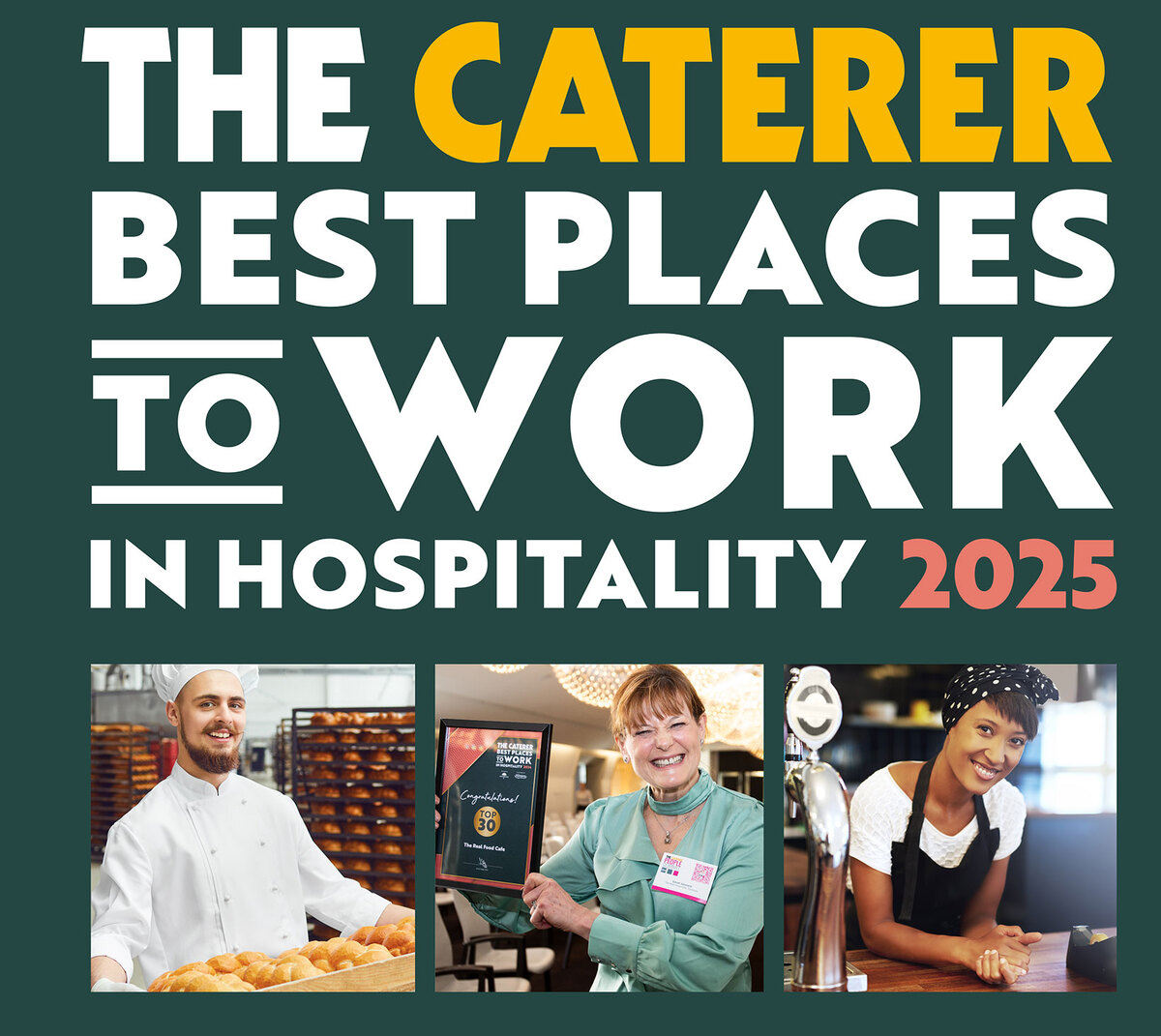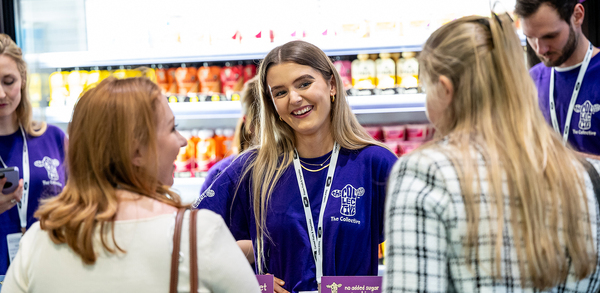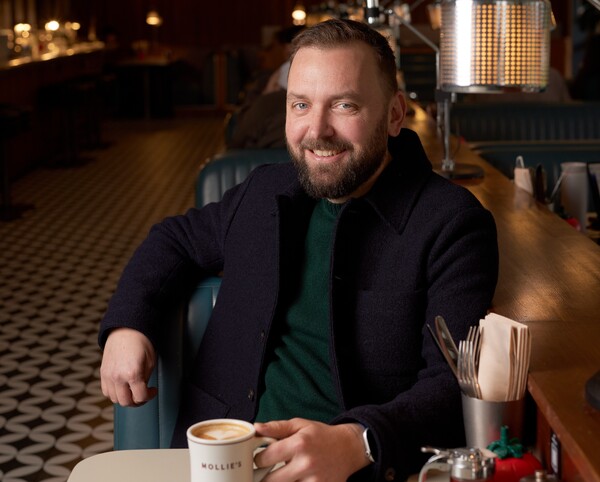Caterer and restaurateur Alan da Costa dies at 92
Alan da Costa, one of the leading figures in post-war Britain's catering industry, has died at the age of 92.
Born in 1925, da Costa was responsible for a string of successful restaurant and catering businesses.
In the 1950s, he entered a partnership to form event caterer Town and County, which was reportedly the largest outside caterer present at Royal Ascot and Wimbledon, and later helped to bring the Wimpy franchise to the UK in 1958.
By the late 1960s, he ran a business that encompassed Quo Vadis and Le Caprice in London, alongside over 100 Wimpy and other popular catering outlets. Separate to his own business, he also headed up the Grand Metropolitan restaurant division, which included all the Express Dairy outlets and Le Coq d'Or, which at the time employed 36 chefs, and later became Langan's Brasserie.
He bought himself out of Grand Metropolitan in 1974 and at around the same time he purchased and operated Richoux in London, moving it to Mayfair and running it with his son Michael. They ran the business until 1987 when it was sold to Rowntree Mackintosh.
Alan da Costa died on 15 June 2017.
Michael has sent in this account of his father's life to The Caterer to mark his passing:
One of the leading innovators of British catering in the second half of the 20th Century, Alan da Costa, did more than most to influence the nation's palate.
Born in to an Anglicized Jewish family, to Captain Richard Moses da Costa and his wife Elsie Abrahams, who married at Bevis Marks on 1st August 1918, and living in Frinton-on-Sea, Alan was called up at 18 and served in the Royal Air Force bomber command as a navigator flying in Lancasters over Germany. He was subsequently posted there when peace was declared until he was de-mobbed in 1946 and returned to London and to a very different Britain.
Having his opportunity for further education interrupted, Alan joined his father and elder brother Douglas in their Covent Garden fruit business, Empire Stores, who were also pioneers of convenience shops on stations. He started his catering career selling sandwiches to the crowds from usherette trays first at the 1948 London Olympics and then at the Queen's Coronation in 1952.
Not finding enough room for his creative flair, Alan began an outside catering company, Empire, growing it quickly in a post-war Britain just emerging from years of rationing, and was soon serving thousands of meals and refreshments, from the Royal Agriculture Show at Windsor to Farnborough Air Show, Lingfield races to the Queen's Polo Club and Silverstone Grand Prix.
No event was too big for Alan, who was always looking for new ways to improve standards. He invested in mobile food service trailers, experimented with frozen sandwiches to cope with the crowds and the unpredictability of the English weather and to deliver consistent quality.
Alan soon found that he had an army of staff and a year-round infrastructure doing little during the winter months, so a more permanent base was required. Visiting Chicago with Brian Salmon of J. Lyons in 1956, they agreed to bring Wimpy, in itself a novel restaurant concept, back home. Lyons took the UK franchise for Wimpy Bars, again a very new arrangement, and Alan by way of a handshake took a franchise for Wimpy Houses, a grander, restaurant style of outlet.
The first Wimpy opened in Golders Green in January 1958 soon followed by another in Hendon. Funded by his friends and relatives in Hill Samuel bank, J. Lyons and Granada Empire grew at a dizzy rate with a new restaurant every six weeks.
As rationing ended and new foods were introduced to a hungry and receptive audience, Alan began looking further afield for ideas and he realised the opportunity for low-cost Italian food, opening the first Italian House on Londonâs Shaftesbury Avenue. He soon followed this with Farmhouse Grills, steakhouses, and âThe Great British Successâ in answer to the recently opened burger restaurant âGreat American Disasterâ. Alan was always the patriot, flying the British flag!
All Empireâs operations had the common theme of carpet rather than linoleum on the floor, real brick walls against the cheaper brick wallpaper, better quality china, and ALWAYS with knives and forks, not fingers, and waitress service, not from a counter bar! Alan was a class act and proudly wanted to deliver standards above the customersâ expectations.
Wishing as many others to be able to operate at the top end of the culinary scale, even though Alan himself always had simpler tastes, preferring steamed asparagus and grilled Dover sole over the more exotic French cuisine that was traditional, Empire reopened ‘Leoniâs Quo Vadisâ in Soho. Le Caprice, La Carosse in Chelsea and during his time as part of Max Josephâs Grand Met Empire (1968-74) operated the much celebrated Le Coq dâOr  (later Langanâs Brasserie).
Another of Alanâs real strokes of genius, identified by his wife Maureen, was to realise that in the early '70s the newly liberated female consumer and the ladies of the day really had few options designed for their preference for lighter, more casual fare. So buying a small chocolate shop and café called Richoux on New Quebec Street and moving it to South Audley Street, Mayfair, off Grosvenor Square, he created possibly the first destination for âladies who lunchâ, run by all female management who could just as easily have been the customers. William Hickey, the social columnist of the Daily Express wrote that âladies should have their hair done before lunching at Richouxâ, and Alan never looked back, opening branches in Knightsbridge and Piccadilly, and taking the concept to New York City in 1979.
Richoux also introduced Godiva Chocolates from Brussels to the more discerning palate, which again was a first, opening up the British market to countless other Belgium quality confectioners.
Having passed through partnerships with J.Lyons in his early days, ownership of Grand Metropolitan, and then selling the bulk of the popular outlets to United Biscuits in 1979, Alan focused on Richoux, with his son, Michael, who joined him in 1976. In 1987 Richoux attracted the attention of Rowntree Mackintosh, who liked the concept of continental all-day dining without limitation, and most particularly the combination of high quality chocolates and patisserie as a branded add-on. They subsequently bought the company in 1987 with a view to developing a whole food range and taking the café concept international. Sadly their plans were interrupted the next year when Nestlé swooped and acquired Rowntree Mackintosh.
While Michael repurchased the Richoux business, Alan, still a spritely 63-year old, was not for retiring, but rather saw an opportunity to combine his love of photography and appreciation of beauty by backing a couple of model agency bookers and set up Matthews and Powell for the next five years, working this time with his daughter, Linda, and in a ferociously competitive market, the company survives to this day.
Alan da Costa was from a generation where a handshake was all that was needed to seal a deal, a man of principle and honour, and a true gentleman. He provided for his family, past employees and many a friend, never asking for anything back in return. Respected by all in business and adored by many, while the last 10 years of his life were challenging in terms of his health, he always smiled and did his best not to burden those around him.
Always the family man, Alan relied enormously on Maureen for domestic support and a broad social life. Taking up golf and bridge in later years together, they lived life to the full always surrounded by their children, grandchildren and great grandchildren, to say nothing of their legions of friends and extended family.
Alan died peacefully after a long and debilitating illness and is survived by Maureen, his loyal wife of almost 67 years, sister Sallie Bruce, daughter Linda, son Michael, son- and daughter-in-law, six grandchildren and four great grandchildren. He is missed greatly, but his memory is cherished by all who knew and loved him.




